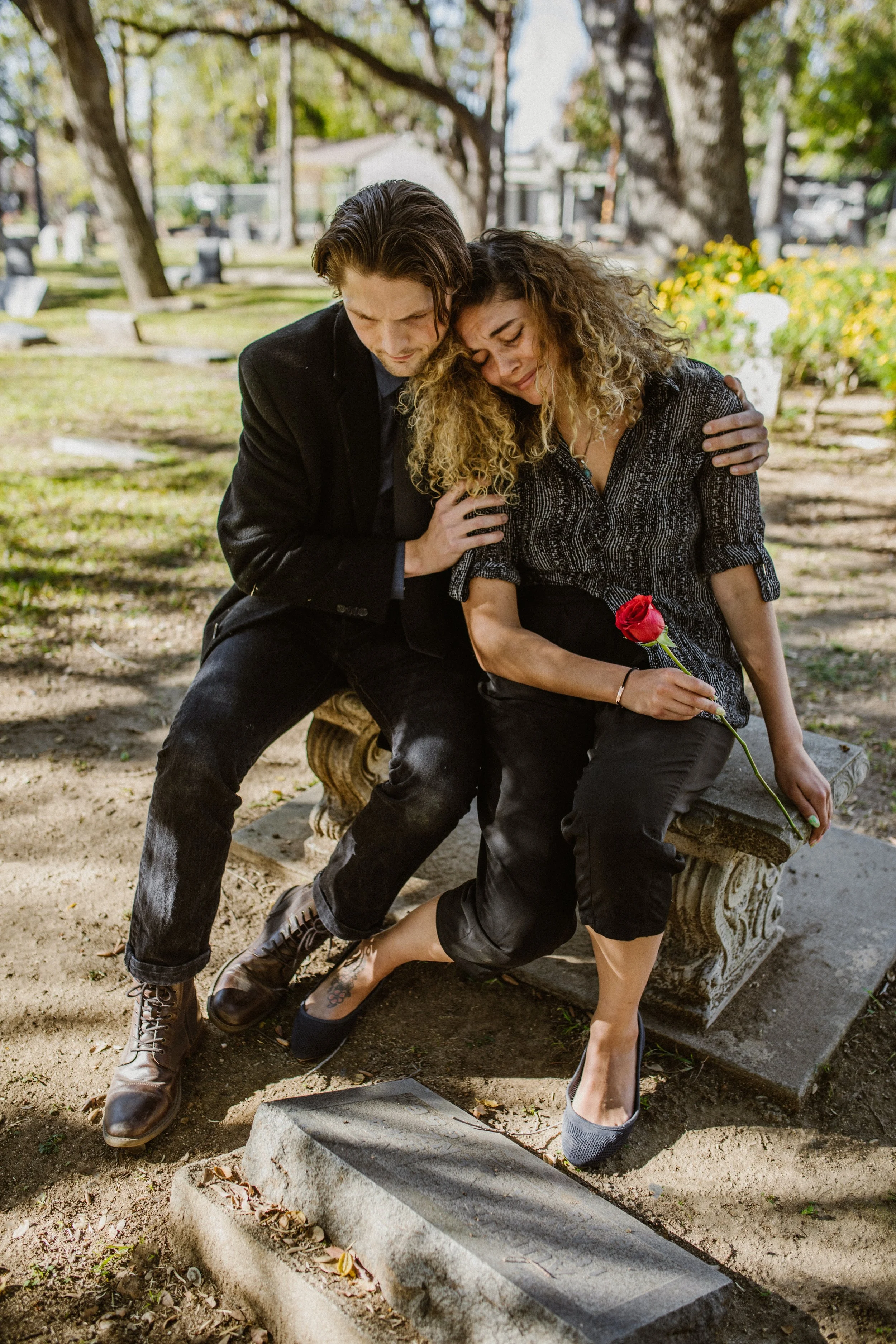Narrative Lectionary Key Verse for Today
“Nathan said to David, ‘You are the man! Thus says the Lord, the God of Israel: I anointed you king over Israel, and I rescued you from the hand of Saul; I gave you your master’s house, and your master’s wives into your bosom, and gave you the house of Israel and of Judah; and if that had been too little, I would have added as much more. Why have you despised the word of the Lord, to do what is evil in his sight? You have struck down Uriah the Hittite with the sword, and have taken his wife to be your wife, and have killed him with the sword of the Ammonites.”
NL Daily Devotion for Sunday, October 23, 2022
by Dr. Kimberly Leetch, Clergy Stuff
Main Idea: David was forced to confront the consequences of his sin.
The Sunday School version of this story of David and Bathsheba tells that the two were deeply in love. The grown-up version is far more insidious, which is perhaps why we don’t often hear it preached. But to leave out the stories of the despicable things God’s beloved people did does a disservice to the Bible, its story, God’s people, and God.
From a very young age, David was beloved. He grew up entitled. Samuel anointed David as a child, marked to be king of Israel. David won the hearts of Israel when he defeated Goliath. God blessed him with kingship, riches, land, women, and victories over his enemies. David had everything except that to which he was not entitled—another man’s wife. The part of the story we don’t read today tells us that he tried to trick Uriah into sleeping with his wife so that David’s indiscretion—soon to be made known due to Bathsheba’s pregnancy—would remain secret. When that didn’t work, David sent Uriah into battle to certain death. David didn’t just steal the man’s wife, he literally plotted an intricate plan to get away with murder.
God wasn’t having it. God sent Nathan, a trusted court prophet, to confront David about his actions. Through a parable, Nathan caught David in betrayal, adultery, and murder. What we don’t get in today’s story is David’s remorse (which only followed God’s threat to destroy David’s house by the sword). Maybe we leave today’s story with David’s sin because sometimes we all need to sit with the knowledge of the consequences of our sin for a bit.
Sometimes we push past the consequences so quickly because we want the thing to be behind us. We don’t want our biblical heroes to be marked by their sin. We don’t want our own lives shaped by our sin, either. But our lives are marked by sin—even when we consider ourselves good people. Because that’s what it is to be human. We sin. Our sin carries consequences. What happens next is up to us. We can continue as if the sin never happened, but when we do so, we fail to claim the fullness of what it means to be human—to be God’s beloved, flawed, thoughtful, remorseful, and forgiven human. Instead of running from our sin, maybe, like David, we can let ourselves be confronted by it. Look it straight in the eye. Own it. And then decide what to do with what we now see.





